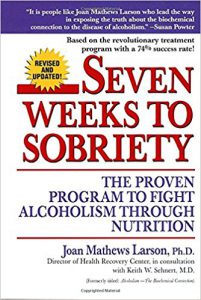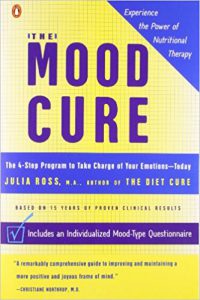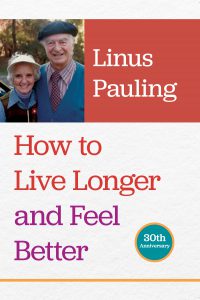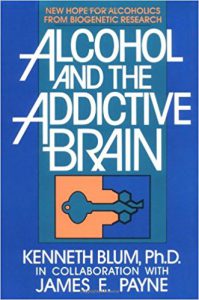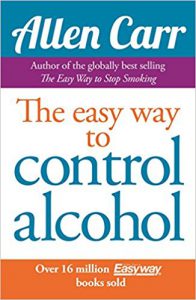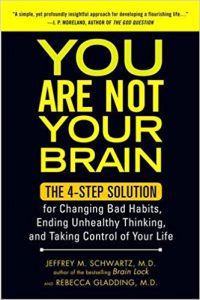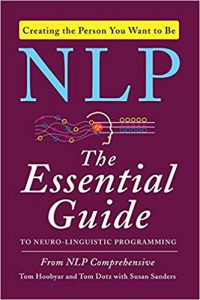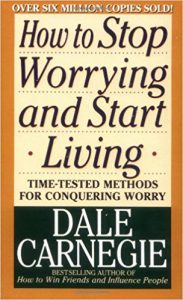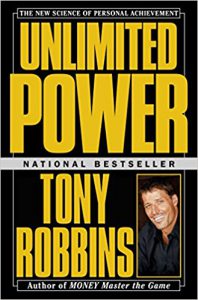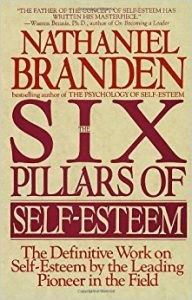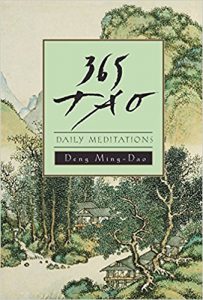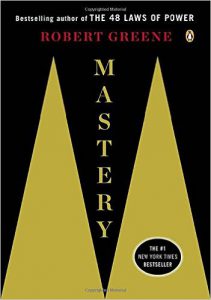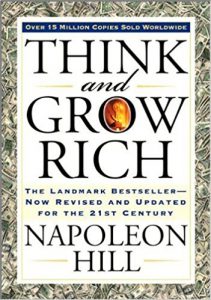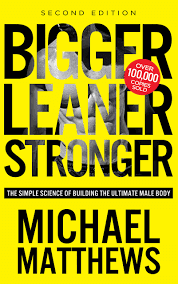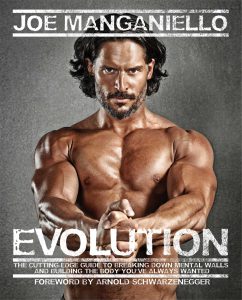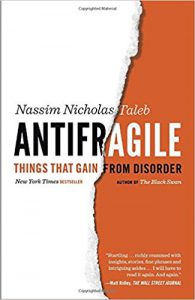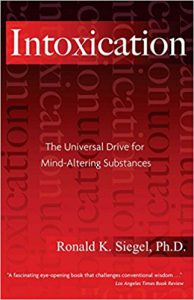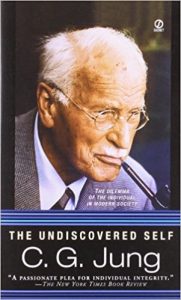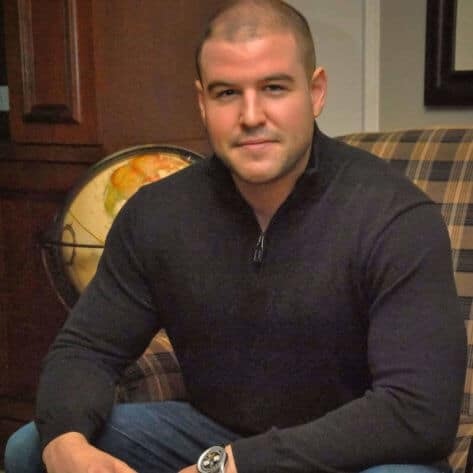For some time, I’ve wanted to make a list of the best books for alcoholism. Here I’m going to share with you the books that helped me remold my mind after nearly a decade of severe addiction.
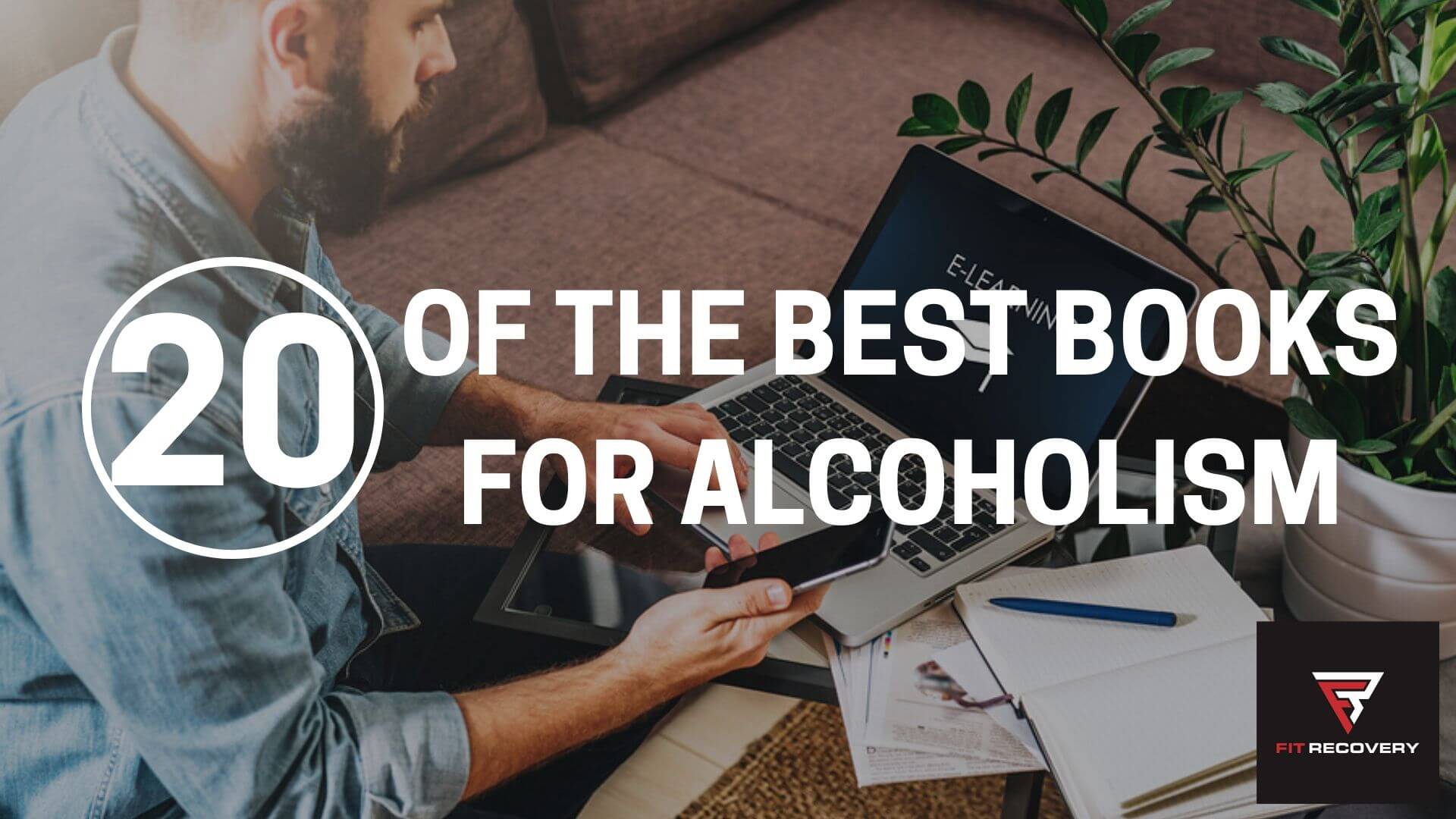
Mainstream recovery culture has become insular, circular, and stale. Only five of the texts below are explicitly about alcoholism. The rest were invaluable resources for me after I quit drinking when I still needed guidance for repairing my brain, rebuilding my body, and resurrecting my spirit.
If you’ve finished my eBook, Drinking Sucks!, and you want to immerse yourself in a particular topic covered within its pages (it’s short, yet dense), then you can see this as a “further reading” list. All of these books contain pieces of the puzzle, in one form or another, for transcending addiction and living the most promising life that you can possibly live.
Reading is a powerful form of mind-alteration. Next to running sprints and lifting heavy weights, reading is my favorite way to let go of stress and achieve a renewed sense of possibility. Opening a good book every night before bed was one of my first strategies for finding a replacement activity for drinking.
At best, going to bed with a bottle of wine will make you wake up feeling dry-mouthed and stupid. Going to bed with a book will tire your eyes naturally, ease your subconscious tension, and fill your mind with endless possibilities.
Best Books For Repairing Your Biochemistry
1) 7 Weeks To Sobriety
Check out the Amazon reviews and you’ll find that 7 Weeks To Sobriety has saved many lives. Joan Larson’s book is the most comprehensive resource I have found on the nutritional approach to alcoholism. I should add that this is the only piece of the addiction puzzle that is covered, but it is done logically and comprehensively.
By the time I found this book, I already knew from experience that supplements can repair your brain after you quit drinking. Her masterpiece provided me with a wealth of new information and a blueprint for further supplementation.
2) The Vitamin Cure For Alcoholism
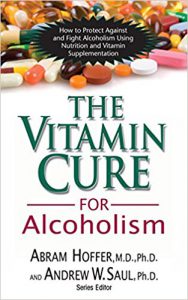
Narrower in its scope than the previous book, The Vitamin Cure conveys a simple approach to using basic nutrients to fight withdrawal and cravings. Unlike 7 Weeks to Sobriety, this book answers some questions about why the addiction treatment industry tends to ignore nutrition.
You’ll also find here some fascinating information about niacin for post-acute alcohol withdrawal, which Dr. Hoffer prescribed for Bill W. Few people know that this AA founder proceeded to write a pamphlet about Vitamin B3 that was suppressed because it fails to fit into the spiritual paradigm.
3) The Mood Cure
Julia Ross is a pioneer of nutrient therapy, and this book explains how basic nutrients can be used with great success to cure a number of mental health issues. Texts such as this one do not deny the utility of prescription medications for patients who need them. The premise is simply that using nutrients that our bodies have evolved to use is a safer (and often more sustainable) first approach for treating mood disorders.
This book can provide great value for the person who has quit drinking and still does not feel good on a daily basis. Anxiety, depression, and cravings are not a sustainable way of life, nor are they inevitable symptoms of a permanent disease. All of these issues can be fixed biochemically.
4) How To Live Longer And Feel Better
Dr. Linus Pauling was the only scientist to have won two unshared Nobel Prizes, and this book is easily the most useful nutritional guide that I have read. While this book is not explicitly about recovering from drinking, the information is very relevant for people who want to repair their brains and bodies after conquering acute withdrawal.
I did not totally understand the value (and safety) of high doses of vitamin C until I read this book. I’ve since found from experience that the common cold is no match for 10 grams of liposomal vitamin C! That’s really just the tip of the iceberg.
5) Alcohol And The Addictive Brain
If your goal is to understand the science behind alcoholism, this somewhat obscure book is a fantastic guide. It is not written for the layperson, nor is it a self-help manifesto. The authors are scientists who present numerous studies, anecdotes, and statistics that show that alcoholism is a largely inherited biochemical disorder.
For a long time I felt tortured by the mystery of why some people are alcoholics and others aren’t. This nuanced work helped to answer that burning question for me.
Best Books For Reconditioning Your Mind
6) Easy Way To Control Alcohol
I often say that recovery from addiction requires effort in two primary areas – biochemical and cognitive. Allen Carr’s bestseller is a powerful tool for reframing the internal assumptions many people hold about alcohol. This book reads like a long hypnosis session for the person who needs the power of conviction behind his or her efforts to quit drinking.
I do not agree with everything in this book; Carr seems to downplay the biochemical aspects of addiction, and he strangely denies the existence of alcohol withdrawal. However, if you’re past acute withdrawal and you want to obliterate your psychological attachment to alcohol, this book can help you do it.
7) The Biology Of Desire: Why Addiction Is Not A Disease
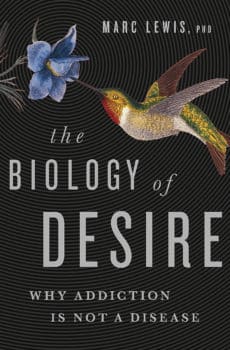
Marc Lewis is a neuroscientist with a personal history of opiate addiction, and this book is a masterpiece. Dr. Lewis sees addiction as a “phase of life” and individual preferences and desires as essentially malleable over time.
While this book does not discuss biochemical repair, it can be extremely liberating to realize that you can shed the “diseased” label and move on with your life. This view is not accepted by most mainstream recovery programs, but Dr. Lewis makes a compelling case that these institutions have lagged behind the times (and the brain science).
8) You Are Not Your Brain
The doctors who wrote this book present a compelling case for utilizing the power of the mind in treating brain disorders. This book is not about alcoholism per se, but it can be an empowering guide for separating yourself from those primitive and demoralizing urges to drink. Once you are past withdrawal and post-acute withdrawal, you can optimize your life by conquering bad habits and negative thought patterns.
This book presents a powerful message that I’ve tried to convey on this site, which is that a basic understanding of what is going on in our brains can help us to commit to positive action instead of allowing our brain impulses to exert deterministic control over our behavior.
9) NLP: The Essential Guide
Neuro-linguistic programming (NLP) is a fascinating system for reprogramming behavior by altering cognitive associations. This book is the most basic guide for NLP that I have found, and the authors describe how using NLP has changed the lives of people they care about.
In Drinking Sucks!, I describe how I used NLP to turn my meditation mantra into an automatic “chill pill” and wine bottles into symbols of my victory over addiction. With intensity and repetition, I’ve also turned certain yoga poses into automatic initiators of a rush of feel-good chemicals.
Best Books For Rejuvenating Your Spirit
10) How To Stop Worrying And Start Living
I used to read this old book every night before bed while I was dealing with post-acute withdrawal syndrome. In addition to the supplements that rebalanced my brain and healed my body, this book gave me some timeless tactics for living in the moment and refusing to let negativity get the best of me.
This is a fantastic read whenever you feel unsure of what to focus on or simply overwhelmed by negativity.
11) Unlimited Power
I picked up this book because I knew that Tony Robbins was a mega-successful self-help guru, which led me to believe that he had to be a con man of sorts. The first 100 pages blew my mind and I found myself getting excited to read another chapter of this book every night before going to sleep.
When you quit drinking for a year or more, you’ll find that you have the energy to move forward and tackle new projects. This book can supply you with the internal resolve and concrete strategies you’ll need to make progress in all aspects of your life. The only part I took issue with was the diet chapter, which promotes some dated myths about meat.
12) The 6 Pillars Of Self-Esteem
I first read this book in high school, and revisited it after I quit drinking. I found that the addition of life experience, especially my struggle with booze, imbued this book with renewed significance. This is a great read for building your self-esteem back up from the ashes of addiction.
Since mainstream recovery culture preaches an implicit ethic of self-denial, I found that it was important to find fresh sources for resurrecting my own positive sense of self.
13) 365 Tao: Daily Meditations
A family friend gave me this book, telling me that it had kept him from drinking for the decades since he’d last had a drink. It is best read one page per day, since each page contains a short passage and explanation of its meaning. This reflective work can allow you to appreciate the value of the present moment, rather than attempting to live in the past or in the future.
If your goal is to become unshakeable in your daily life, this book is a great place to start. It contains millennia of accumulated Eastern wisdom that has either been forgotten or repackaged as stunted cliches.
Best Books For Motivation, Role Models, and Fitness
14) Mastery
When you conquer alcoholism, you’ll free up the energy that you used to expend on drinking. This energy can become a powerful reservoir for future achievement. Regardless of how old you are, texts like Mastery can show you how to awaken your creative passion and find mentors to help you reach the top of whatever field you dream of.
Mainstream recovery programs have very little to say about personal achievement. You are not permanently weak, defective, or depraved. No dream is beyond your reach simply because you suffered from a biochemical disorder.
15) Think And Grow Rich
I know what you’re thinking…Are you kidding me? A get-rich-quick book?
Think And Grow Rich is nothing like its modern imitations. Napoleon Hill spent two decades studying the great industrialists, learning firsthand from the likes of Andrew Carnegie, and compiling information about the mental habits that lead to success in any arena.
This is really a book about how to discipline your mind and pursue your goals. Whether your goal is to improve your financial situation or not, this book can help you discover the life that you actually want to live.
16) Bigger, Leaner, Stronger
Michael Matthews has a knack for making complex subjects easy to understand. This book (and its female audience counterpart, Thinner, Leaner, Stronger) can help you avoid the layers of marketing BS that plague fitness magazines and start a fitness regimen that actually works.
I read this book before I became a personal trainer, and it brought my physique to the next level. It also contains more useful information than any official personal training textbook I’ve read. This is an excellent starting book for anyone who’s serious about getting fit.
17) Evolution
Few people know that the actor Joe Manganiello had a fifth-a-day whiskey habit in his mid-20s. I used this book for motivation to quit drinking, even though the subject of addiction is barely discussed. Between this book and Bigger, Leaner, Stronger, you’ll have some high-level diet and exercise programs to model and remold into your own.
This is a personalized story of self-improvement. The key message of this book is that you have the power to transform your thought processes and your life.
Best Books For Stimulating Your Intellect
18) Antifragile
Due to the sheer scope of its analysis, Antifragile is impossible to summarize. However, the recurring theme is that to thrive in a world of chaos, it is not enough to erect barriers against shocks. You have to position yourself to thrive from them.
How might one apply this principle to addiction recovery?
Nearly two years after I quit drinking, I consciously programmed my mind to associate wine bottles, beer billboards, and fully stocked bars with a sense of victory over that moot substance called alcohol.
In fact, I just returned from a trip overseas in which the bartender and I bonded over free non-alcoholic cocktails and had a delightful hour-long conversation about kratom.
19) Intoxication
The premise of this book is that every living creature has evolved to seek mind-alteration from the natural world around us. To deny the fact that we do so is to deny an essential part of our nature, not simply as human beings, but as evolutionary creatures with fundamental needs. Siegel makes a compelling and ridiculously well-researched case to stop the war on our intrinsic nature and to find safer alternatives to the toxic drugs that kill so many of us.
I read this book about three years after I quit drinking. I already knew that addiction is not the same thing as mind-alteration; that the drive for mind-alteration is highly subjective yet still universal, and very often either veiled or unsustainably suppressed by individuals who seek oxytocin and dopamine boosts while drinking sugar-laden coffee and bonding over their holier-than-thou sobriety.
Even if you disagree with these observations, you can enjoy lots of fun stories about ants, birds and monkeys getting stoned in their natural habitats.
20) The Undiscovered Self
At around 100 pages, this is the shortest book that I will have to re-read because of Jung’s deep, aphoristic style. Jung was concerned about the ease with which individuals slip into groupthink instead of forming their own authentic identities.
This book was written to help mankind avert totalitarianism, and you will probably not enjoy it if you care little for philosophy or history. However, I found that it offered subtle applications for combating groupthink of any kind. If you want to transcend alcoholism once and for all, it’s groupthink – whether around alcohol, or around defective mainstream recovery – that you will have to challenge and rise above on your own.
Such a task will require exploring those hidden parts of your own psyche that most people prefer to ignore.
Why does a person become an alcoholic?
Alcohol addiction is primarily a biochemical disorder, one reinforced by neural pathways linking alcohol to desired states of mind. As a “disorder,” it shares a collection of common symptoms, including cravings and withdrawal for people who are physically dependent on alcohol.
There are many reasons for why a person might develop an attachment to drinking that leads to physical dependence. Genetic factors, environmental influences, cultural norms, belief systems, and a lack of alternative coping mechanisms can all factor into the risk of developing alcoholism.
The good news is that regardless of the “root causes”, anyone with this disorder can decide to take control of their biochemistry, psychology, social influences, and spiritual development. It is a disorder that can be permanently resolved using the Bio-Psycho-Social-Spiritual model of recovery.
Can you ever drink again if you’re an alcoholic?
The majority of “experts” will tell you that you can never drink again if you’re an “alcoholic.” But in fact, there are people who have transcended addiction and proceeded to drink minimally.
Science cannot presently explain why some people experience severe physical addiction, even DTs, and proceed to drink “socially” later in life. Mainstream programs often write these people off as “not real alcoholics,” but this is a dogmatic categorization that often fails to account for real physical dependence at an earlier stage of life.
Reality is complex, and nothing is black-and-white. The “once an addict, always an addict” appeals to some because it seems to simplify the nature of the problem and remove future drinking as an “option.” The problem is that it is a scare tactic that doesn’t effectively remove drinking as an option, as reflected by the high relapse rates in mainstream programs. It also rests on the premise that an unhealthy attachment to drinking is endemic to a person’s identity, and therefore impossible to get over.
At Fit Recovery, we do not believe that positive change can be caused by fear tactics or one-size-fits-all dogma. If you have a problem with substances, it probably makes sense to take an indefinite break and save the “forever” question for later. Repair your body, rebalance your brain, and then decide your future path with a clear mind and a plethora of natural feel-good chemicals coursing through your body.
Conclusion

What in the world can health gurus and public intellectuals teach us about overcoming alcoholism?
I agree that this list is subjective. But in my case, these texts helped me to transcend addiction once and for all.
Transcending addiction is a worthy goal because, as Tony Robbins says, you feel what you focus on. If you make your entire life about perpetual recovery from addiction, then liquor will always be on your mind by default.
As you can see, I began with books about the biochemical basis of drunkenness. I wanted to understand my condition in a no-nonsense way. As the supplements kicked in and my mind became sharper, I moved on to guides that offered specific strategies for improving my health and quality of life.
Finally, I sought out publications that helped me to better understand the human condition, including my own.
Anhedonia, the inability to feel pleasure or genuine passion, is a real problem for people who quit drinking. Reinventing yourself as a student of human nature is one of the finest ways to rekindle your interest in the world around you.
My own book, Drinking Sucks!, can help you permanently get rid of the sense of deprivation that you might feel what you think about alcohol. It can also help you take control of your biochemistry so that you can leave physical cravings in the past.
One reader, a highly successful doctor himself, described my book as “the first book on how to quit drinking that really put all of the pieces of the puzzle together for me.” I’m glad that I was able to do this for him in less than 120 pages.
If you start with these resources and proceed to work your way through the guides above, in no particular order but merely according to your interests, then you will find yourself producing miracles that you can’t presently imagine.
Feel free to add your own suggestions about the best books for alcoholism in the comment box below!

Author
-
Chris Scott founded Fit Recovery in 2014 to help people from around the world dominate alcohol dependence and rebuild their lives from scratch. A former investment banker, he recovered from alcohol dependence using cutting-edge methods that integrate nutrition, physiology, and behavioral change. Today, Chris is an Alcohol Recovery Coach and the creator of an online course called Total Alcohol Recovery 2.0.
View all posts


